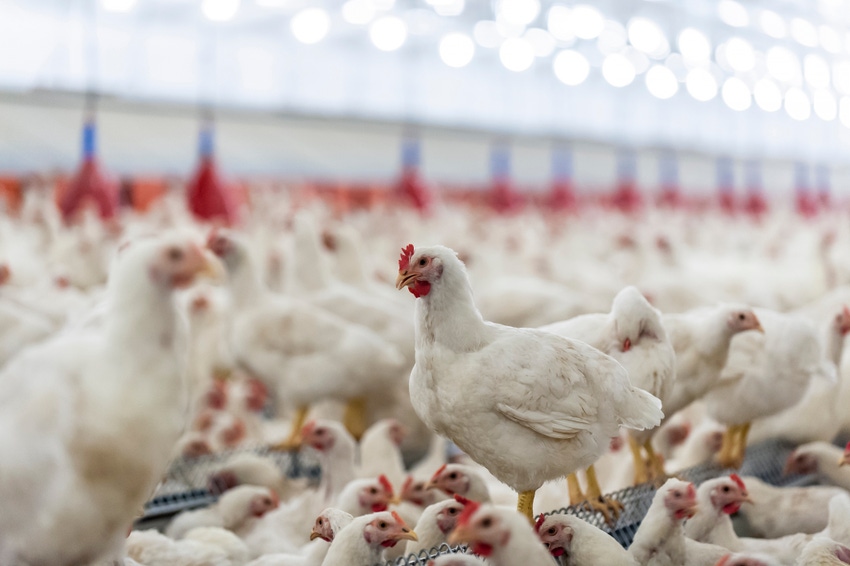South African poultry producers lose millions of birds to HPAI
Country has lost a quarter of its poultry population since May.

In an update on Sept. 22, South African poultry producer Quantum Foods relayed to shareholders that a highly pathogenic avian influenza (HPAI) outbreak has been detected at several of its farms in Gauteng and the North-West province. To date, the current HPAI outbreak has affected approximately 1.5 million layer and breeding stock, but the company also shared that it had previously lost 420,000 layer birds at its Lemoenkloof layer farm in the Western Cape in April 2023.
The company said the overall impact of the HPAI outbreak on the South African poultry industry, as well as its full financial effect on the company, is not yet known. However, as of Sept. 21 2023, it estimates the value of the company’s birds affected by the HPAI outbreak is 106 million rand ($5.6 million).
“The impact of this further HPAI outbreak on the company’s operations to date appears to be confined to the northern parts of South Africa and the company’s operations in the Western Cape and the Eastern Cape are currently unaffected,” the company further stated.
South African poultry producer Astral Foods has also incurred additional costs due to the avian flu outbreak, with total cost associated with the outbreak amounting to approximately 220 million rand ($11.7 million).
A University of Minnesota news brief recently shared that the outbreaks of highly pathogenic avian flu H7N6 have led to the loss of about a quarter of South Africa's poultry since the end of May.
An Astral Foods executive said the outbreak will cause a massive, long-term shortage of table eggs as the outbreak is in breeder flocks. The company said a poultry meat shortage may occur as well.
“The bird flu outbreak is the worst that South Africa has witnessed and goes well beyond the impact felt by the H5N8 bird flu in 2017,” the company stated.
Further, the company noted that South Africa is the only country in the world where poultry producers are not compensated for forced culling of birds. As such, there are concerns that producers may be hiding cases of the virus.
Shahn Bisschop, DVM, who heads Avimune, a poultry veterinary service in South Africa, has shared with media outlets that the H7N6 strain, which is new to the country, appears to be far more contagious than the H5N1 virus spreading in the rest of the world.
About the Author(s)
You May Also Like




